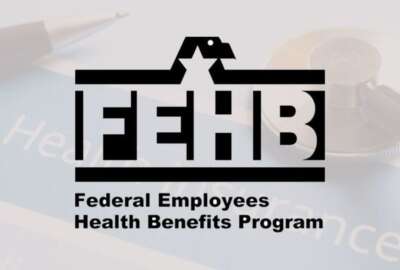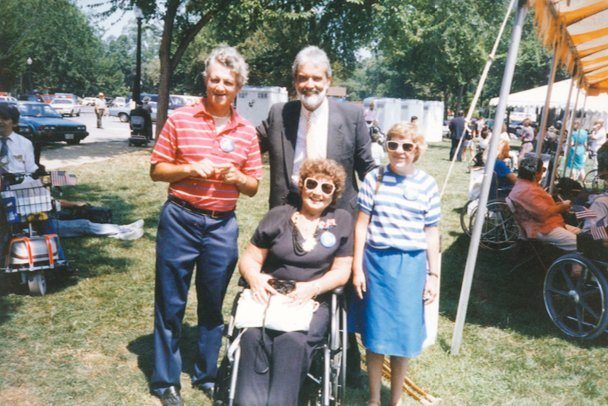
Insight By Melwood
ADA’s anniversary brings new perspectives on the future of disability inclusion
Last month marked the 29th Anniversary of the Americans with Disabilities Act (ADA), and as the nation approaches three decades of disability rights, several gr...
This content is sponsored by Melwood
Last month marked the 29th Anniversary of the Americans with Disabilities Act (ADA), and as the nation approaches three decades of disability rights, several groups are talking about what still needs to be done. One of those groups is Melwood, a local nonprofit advocacy leader that employs more than 1,000 people with disabilities, has a special history with the ADA and a unique perspective on its future.
In 1990, Melwood leaders joined their Congressman, ADA sponsor Steny Hoyer, at the White House to witness the signing. They knew it was a watershed moment for those with disabilities — or as Melwood says “people of differing abilities”— because they believe the focus should always be on a person’s unique abilities and potential.
Today, Melwood serves nearly 2,600 people of differing abilities each year by providing programs like job training, employment services, inclusive camps, and healing retreats. However, according to Melwood’s President and CEO Cari DeSantis, there is still an enormous amount of work to do in order to see the true spirit of the ADA fulfilled.
The ADA was signed into law on July 26, 1990, by President George H.W. Bush and contains a broad range of civil rights protections for people of differing abilities. It was the nation’s first comprehensive disability rights law prohibiting discrimination in all areas of public life. Some of the changes mandated in the ADA included requiring:
- Everything from buildings to bathrooms to be accessible
- Buses to allow and accommodate for people of differing abilities
- Schools to accept children of differing abilities
- Employers to provide people of differing abilities equal access to employment opportunities as well as “reasonable accommodations” that enable them to work.
According to Melwood, while that last provision did allow persons of differing abilities to enter the workforce, it did not provide a clear path for them to do so and that is what Melwood is trying to change.
“Even now, nearly 30 years later, there are still many significant barriers prohibiting the full inclusion — and acceptance — of people of differing abilities,” says Melwood’s President and CEO, Cari DeSantis. “In the U.S. today, there are 11 million people of differing abilities who are willing and able to work, but only about 29 percent are employed compared to 75 percent in the typically-abled population. The ADA was a great start 30 years ago, but our laws, policies and vision of inclusion need to evolve with the times.”
Melwood advocates for a wide range of reforms to help people of differing abilities fulfill their potential, gain their independence, and achieve their own American dream. Among Melwood’s chief recommendations are a call to end sub-minimum wages for people of differing abilities (since 1938, section 14C of the Fair Labor Standards Act allows employers to pay people of differing abilities less than the federal minimum wage). As DeSantis says, “Our society needs to embrace new technologies and innovations in developing a next generation ‘ADA 2.0.’”
“For more than 70 years, the FLSA 14C certificate has endured because very few know it exists,” said DeSantis. “We need to change that.” Although 14C is still an industry standard, Melwood abandoned the practice years ago and even helped convince the state of Maryland to phase it out.
In addition to 14C, Melwood is working with the private sector, encouraging employers to “take the Melwood Challenge” and learn more about the benefits of hiring people with disabilities. They also advocate for public and private investment in assistive technologies and through groundbreaking programs like abilIT, they are training people of differing abilities for careers in IT and in other jobs of the future.
In an effort to address the issues surrounding inclusion and find real-world solutions, Melwood is convening both a Legal Symposium and an Employer Summit entitled “The Right Talent, Right Now: Breaking Barriers in the Workforce” in Washington, DC this October. These events will draw legal and HR leaders from around the nation to discuss the future of disability rights and, together, help chart a new path for the inclusion and acceptance of people of differing abilities in the American workforce.
To find out more about Melwood’s work, you can visit Melwood.org.
Copyright © 2024 Federal News Network. All rights reserved. This website is not intended for users located within the European Economic Area.






